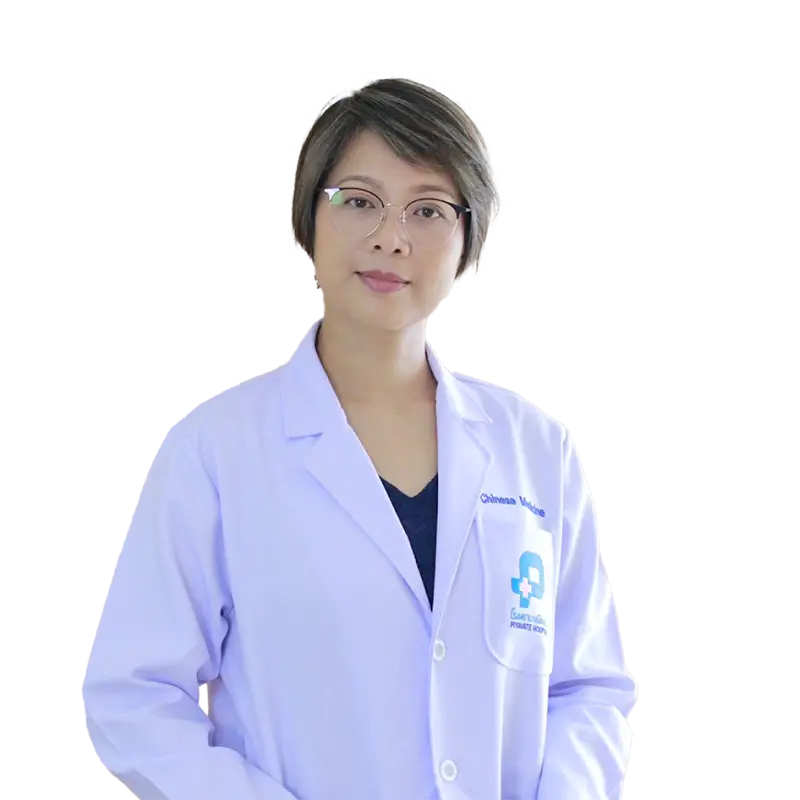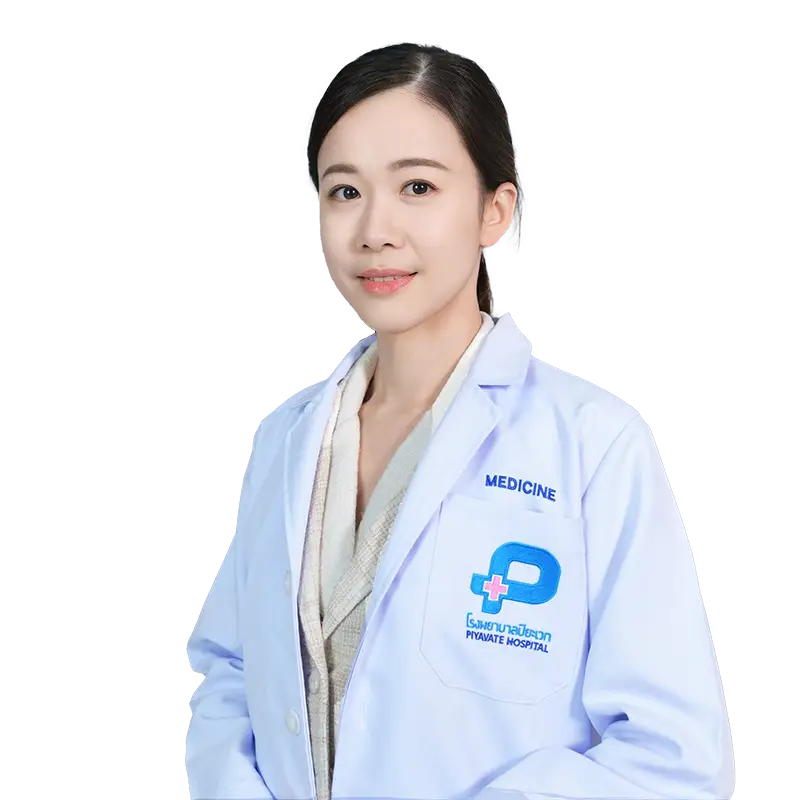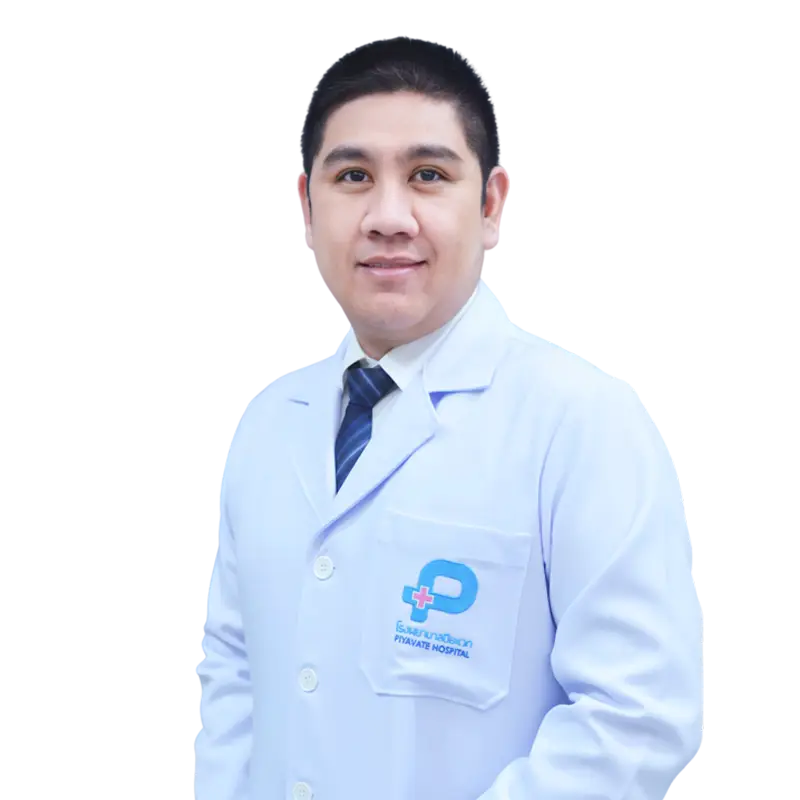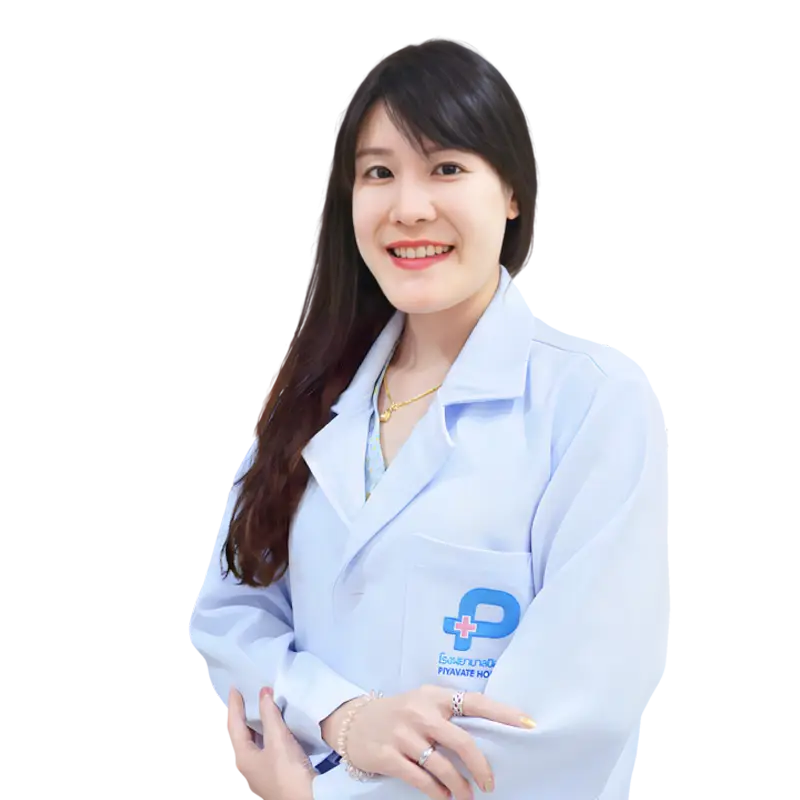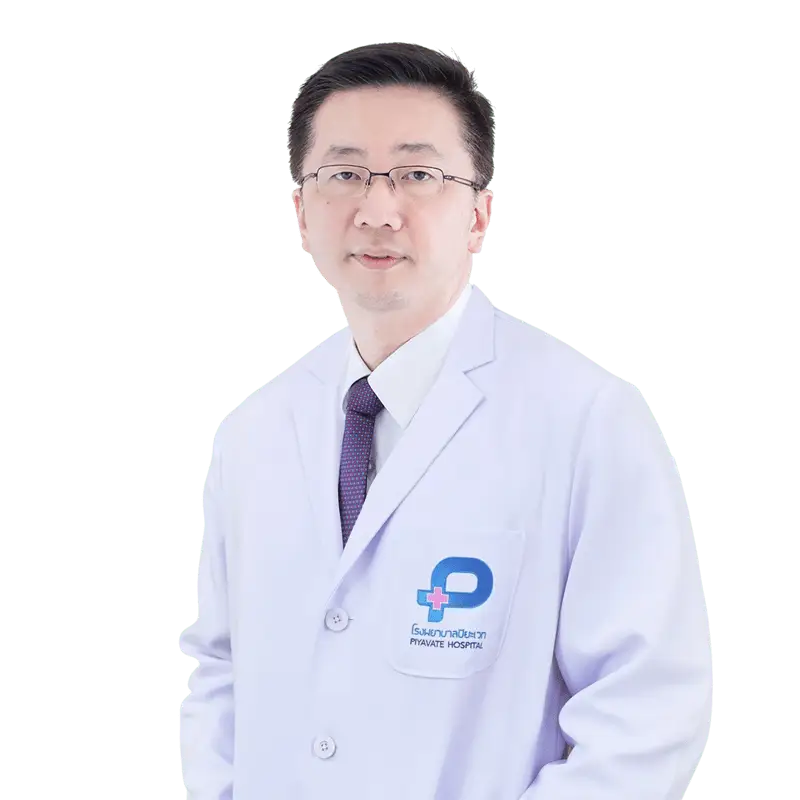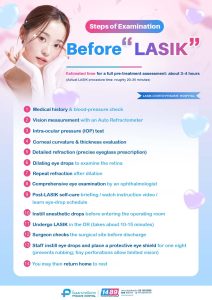- Internal Medicine Center
About
Piyavate Hospital Medicine Center Providing examination and treatment services for internal medicine patients. From acute illnesses to various chronic illnesses Using modern medicine and medical tools for diagnosis. including disease prevention and health promotion And if the preliminary diagnosis is made, it is necessary to refer the patient to receive specialized treatment for that disease. The Internal Medicine Center has prepared a team of medical specialists in various fields. In order for patients to receive quality service according to professional standards and in a comprehensive manner.

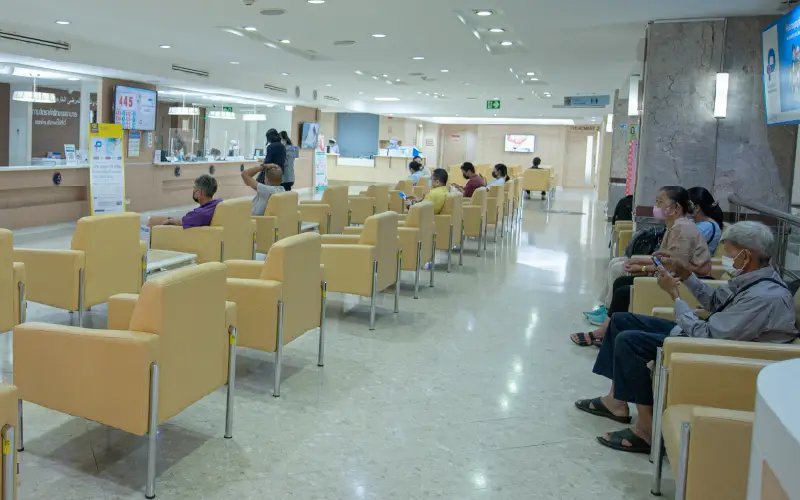

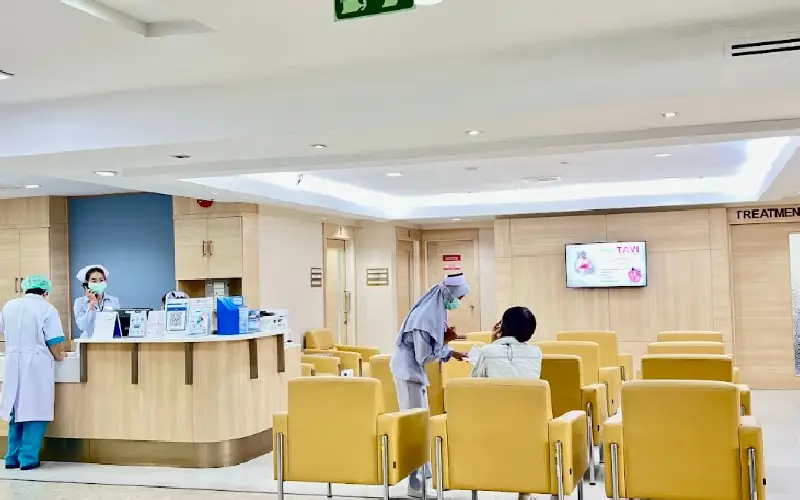
- Internal Medicine Center
Services Available
The clinic provides the following services:
Conditions Treated:
- Headaches
- Vertigo
- Neuropathy (e.g., numbness in hands and feet)
- Stroke (includes FAST Tract)
- Sleep Disorders
- Dementia
- Epilepsy and seizures
- Neuropathic pain (e.g., electric shock-like pain, burning sensation)
- Movement Disorders and Parkinson’s Disease
- Neuromuscular Diseases (e.g., muscle inflammation, muscle weakness)
Diagnostic Technologies:
- Neurological Diagnostic Technology
- CT Scan of the brain
- MRI and MRA
- Carotid Duplex Ultrasounds
- Electroencephalography (EEG)
- Electromyography (EMG)
- Nerve Conduction Study (NCS)
- Polysomnography / Sleep Test
- Transcranial Doppler Ultrasounds (TCD)
- Cerebral Angiography
Conditions Treated:
- Various types of anemia including Thalassemia, iron deficiency, hemolytic anemia (autoimmune, G6PD deficiency), and anemia of chronic disease
- Bone marrow diseases like aplastic anemia, myelodysplastic syndromes, and myeloproliferative neoplasms
- Conditions leading to abnormal increase in blood cells such as polycythemia, eosinophilia, thrombocytosis, reactive leukocytosis
- Leukemia (acute and chronic)
- Multiple Myeloma
- Lymphoma
- Hemophilia
Cancer and Chemotherapy:
- Cancer care including prevention, screening, diagnosis, radiotherapy, palliative care, and chemotherapy
- Targeted therapy and immunotherapy
- Consultation for patient and family care
Conditions Treated:
- Acid-base and electrolyte imbalances
- Acute and chronic kidney failure
- Kidney diseases caused by hypertension and diabetes, inflammatory kidney diseases, kidney cysts, Alport syndrome, protein leakage
Diagnostic and Treatment Services:
- Dialysis for chronic and acute kidney failure and critical patients
- Plasmapheresis
- Special vascular surgery for dialysis access
- Kidney transplant
- Radiological examinations including renal ultrasound, kidney Dopplers, CT scan, Magnetic Resonance Angiography, and renal scan
- Counseling and education on self-care for dialysis patients
Diagnostic and Treatment Services:
- ERCP for conditions like bile duct cancer and obstructions
- GI endoscopy for diseases of the digestive tract
- Gastroscopy to examine the esophagus, stomach, and duodenum for movement disorders and bacteria detection
- Colonoscopy and sigmoidoscopy for examining the large intestine
- Non-surgical feeding tube placement (PEG)
- Treatment for bleeding from esophageal varices
- Gastrointestinal wireless capsule endoscopy
- Liver biopsy and techniques for non-surgical treatment of bleeding and liver diseases
- Surgery for diseases of the liver, bile ducts, and the digestive tract
Conditions Treated:
- Panic disorders, anxiety disorders, depression, bipolar disorder, schizophrenia, PTSD, insomnia, addiction issues, couple’s therapy, sexual health issues
- Support for terminal patients and chronic pain management
Conditions Treated:
- Rheumatoid arthritis, lupus, gout, osteoarthritis, scleroderma, soft tissue rheumatism
Services Offered:
- Treatment and counseling for diabetes and endocrine disorders
- Risk assessments and preventive measures for diabetes
- Education on diabetes management during pregnancy
- Weight loss clinic to prevent diabetes
- Annual health checks for diabetics
- Modern equipment and technology for diagnosis and treatment
Diagnostic and Monitoring Services:
- Sleep tests to observe body functions during sleep for disorders like sleep apnea, muscle twitches, and abnormal behaviors
- Multiple Sleep Latency Test (MSLT) for diagnosing conditions like narcolepsy
- Questionnaires for screening sleep disorders



